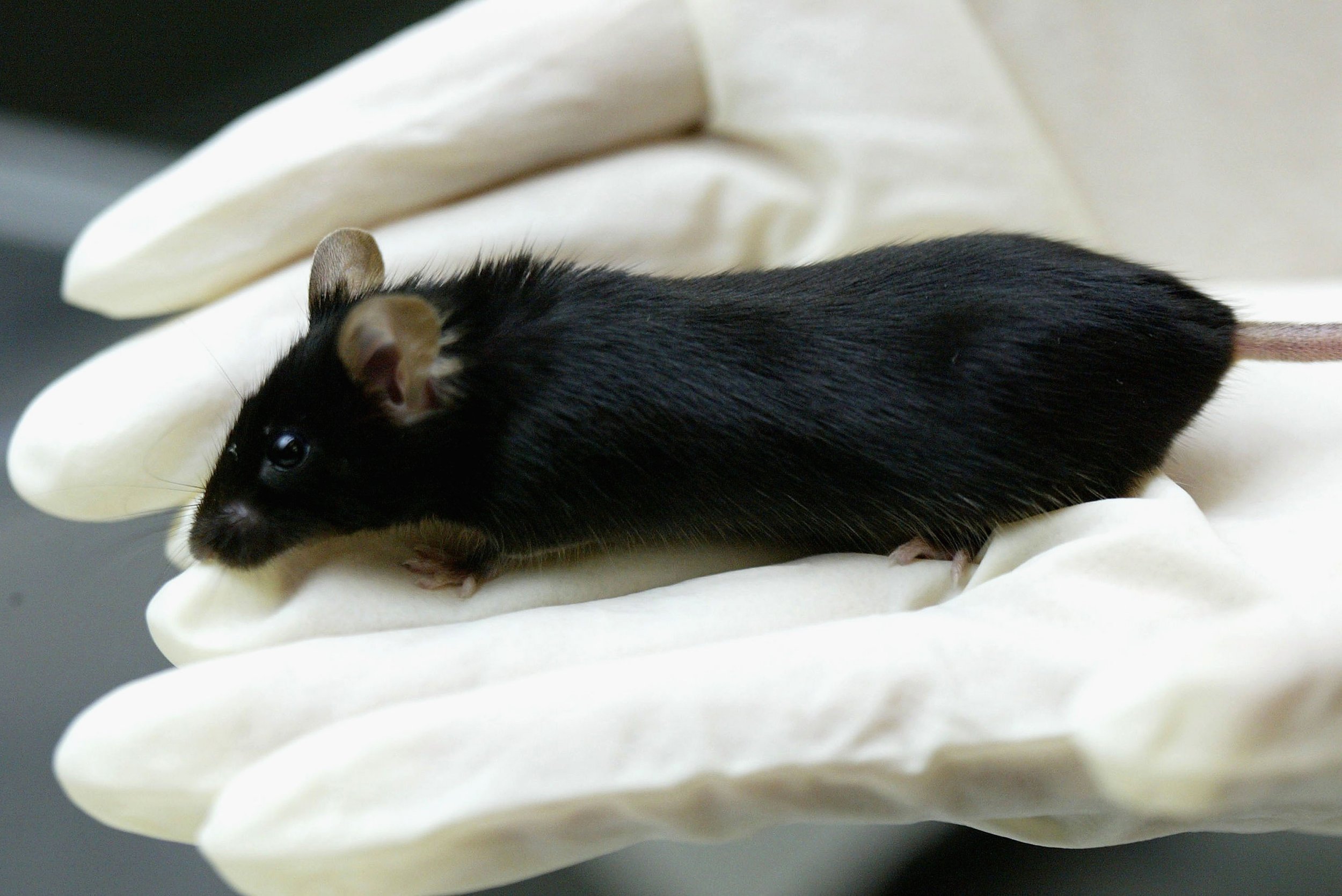
Scientists have succeeded in implanting human brain cells into mice pups, which resulted in the animals growing a brain that was both human and rodent. Researchers hope that one day these special mice will help them better understand how the human brain develops, and perhaps even provide replacements for patients with brain damage.
In a study published Monday in Nature Biotechnology, researchers implanted underdeveloped brain cells from donated human fetuses into the brains of baby mice. The human cells were genetically engineered to be fluorescent green, and the mice had tiny plastic windows over their skulls, Stat reported. This enabled scientists to see exactly how the human brain cells developed over time.
Related: Alzheimer's disease damage completely erased in human cells by changing structure of one protein
The human brain cells survived and grew alongside the mice brain cells for up to 233 days. In fact, in some areas of the brain, the human brain cells outnumbered the mice brain cells.
"We could see the human cells taking over the whole space," lead researcher Steven Goldman told New Scientist. "It seemed like the mouse counterparts were fleeing to the margins."
Related: Man goes to the emergency room, tested for brain damage after eating world's hottest chili pepper
Despite having human brain cells, cognitive performance tests revealed that these mice were not statistically smarter than those with regular mice brains. However, the research is still very new, and it's not entirely clear how the human brain cells will affect the mice's cognition or behavior.
The news is exciting, and although still in the beginning stages, scientists have big hopes for these half-human, half-mouse brains. For example, the brains could be used to repair injured parts in patients with brain damage or to replace brain areas that do not work properly or have not developed normally, Stat reported.
Uncommon Knowledge
Newsweek is committed to challenging conventional wisdom and finding connections in the search for common ground.
Newsweek is committed to challenging conventional wisdom and finding connections in the search for common ground.
About the writer
To read how Newsweek uses AI as a newsroom tool, Click here.








